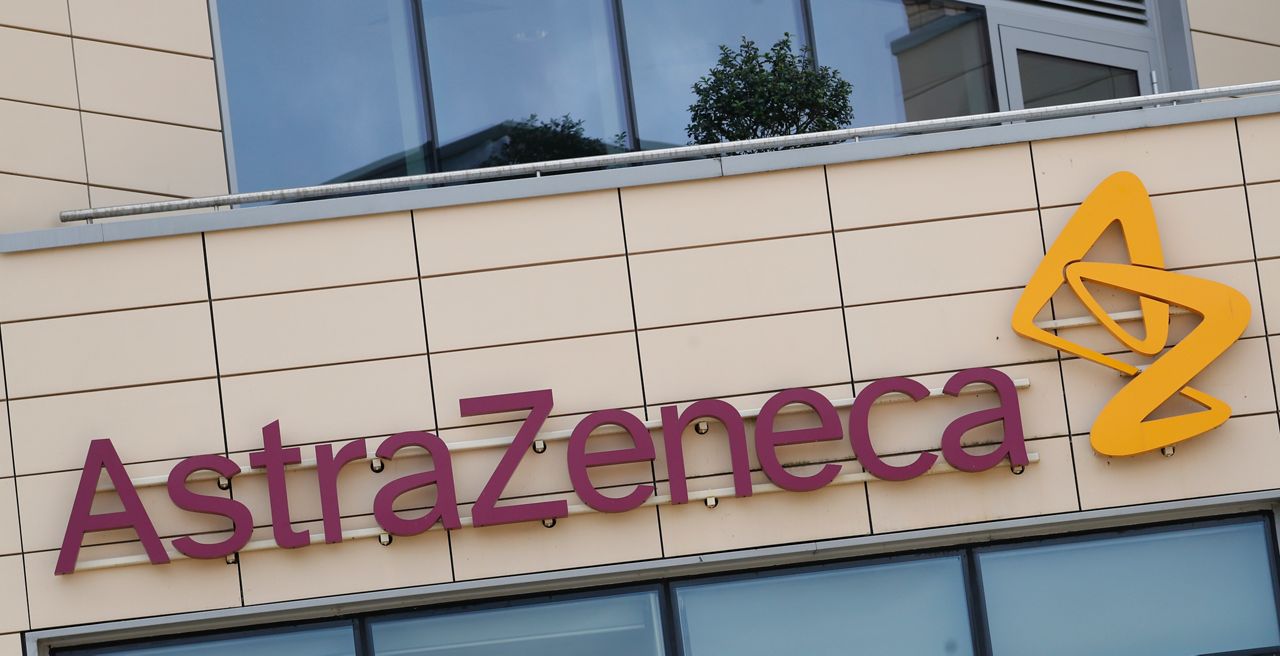Late-stage clinical trials of Oxford and AstraZeneca's coronavirus vaccine were placed on hold due to "a potentially unexplained illness in one of the trials," drugmaker AstraZeneca announced Tuesday.
The company called the suspension of the trial a "routine action" in a statement.
What You Need To Know
- Participant's illness must be independently reviewed, Astrozeneca says
- Dr. Anthony Fauci called it "unfortunate" but maintained it was "one of the safety valves" built into vaccine studies
- Vaccines by Moderna and Pfizer / BioNTech are still in final-stage testing in U.S.
- Drugmakers have pledged not to rush out a vaccine
"Our standard review process was triggered, and we voluntarily paused vaccination to allow review of safety data by an independent committee," the statement read.
"In large trials, illnesses will happen by chance but must be independently reviewed to check this carefully," the statement went on to say. "We are working to expedite the review of the single event to minimize any potential impact on the trial timeline. We are committed to the safety of our participants and the highest standards of conduct in our trials."
The top U.S. infectious disease expert said AstraZeneca’s suspension of final testing of its COVID-19 vaccine candidate shows “one of the safety valves” built into the studies to spot any potential problems.
“It’s unfortunate that it happened and hopefully they’ll be able to proceed along with the remainder of the trial. But you don’t know – they need to investigate it further,” Dr. Anthony Fauci, infectious diseases chief at the National Institutes of Health, said Wednesday.
Two other vaccines – one made by Moderna and the other by Pfizer and Germany's BioNTech – are in final-stage testing in the U.S. Both vaccines work differently than AstraZeneca's, and the studies already have recruited about two-thirds of the needed volunteers.
Temporary holds of large medical studies aren't unusual, and investigating any serious or unexpected reaction is a mandatory part of safety testing. AstraZeneca pointed out that it's possible the problem could be a coincidence; illnesses of all sorts could arise in studies of thousands of people.
The development came the same day that AstraZeneca and eight other drugmakers pledged together not to rush out a vaccination before it is proven safe and effective.
The joint statement was issued by the CEOs of AstraZeneca, BioNTech, GlaxoSmithKline, Johnson & Johnson, Merck, Moderna, Novavax, Pfizer and Sanofi.
“We, the undersigned biopharmaceutical companies, want to make clear our on-going commitment to developing and testing potential vaccines for COVID-19 in accordance with high ethical standards and sound scientific principles,” the statement said.
The pledge comes less than two weeks after the the Centers for Disease Control and Prevention notified health officials in all 50 states and five large cities to prepare to distribute a coronavirus vaccine around Nov. 1, two days before Election Day. That has heightened concerns that President Donald Trump could be pressuring companies and health officials to speed up the release of a vaccine to help score political points.
Meanwhile, a recent USA Today/Suffolk Poll found that, despite 6.3 million coronavirus cases and nearly 190,000 deaths in the U.S., two-thirds of Americans say they won’t get the vaccine as soon as it becomes available.
The U.S. has invested billions of dollars in efforts to quickly develop multiple vaccines against COVID-19. But public fears that a vaccine is unsafe or ineffective could be disastrous, derailing the effort to vaccinate millions of Americans.
Representatives for the FDA did not immediately respond to requests for comment Tuesday evening.
The Associated Press contributed to this report.



